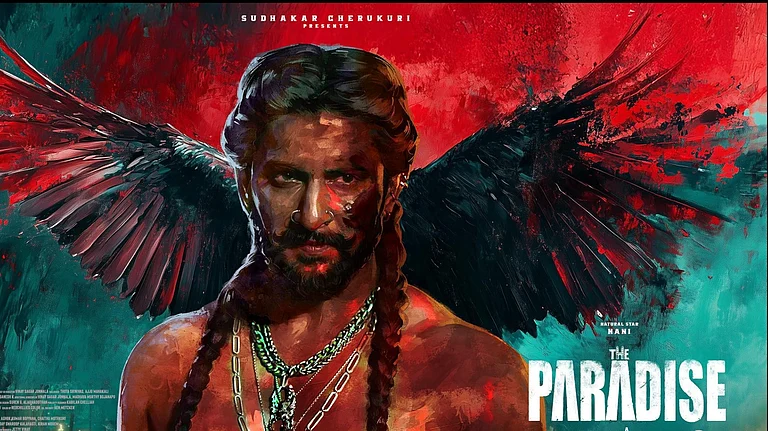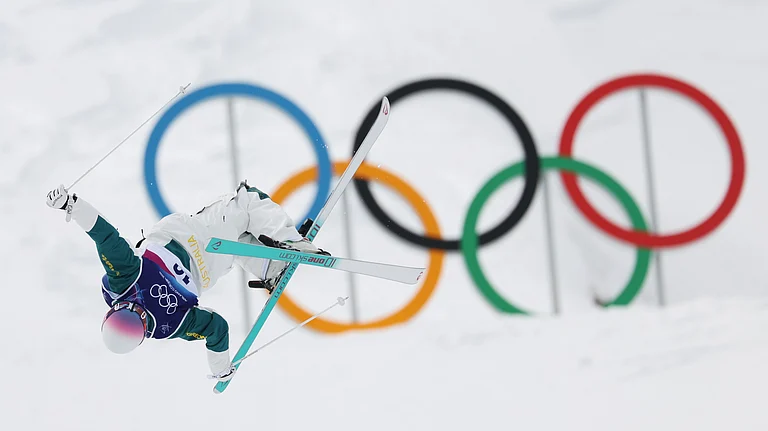If you’ve been following our week-long celebration of Enzo Ferrari’s 121’st birthday, you might already know all about the legend already. While we’ve compiled a list of one of the most iconic road cars from the most recognisable car manufacturer’s of all time, and also listed out some of the most disliked models from its 70-plus years of existence, we thought it best to bring you a list of its legendary race cars, from Formula 1 to Le Mans, to conclude our celebrations here at Zigwheels. Som without further ado, let’s take a quick look at the top five race cars that wore the prancing horselogo on its fenders.
1. Ferrari F2004 (2004-’05)

The car that helped Michael Schumacher claim his seventh and final world championship, the F2004 is a legend in its own right. It helped continue the run of success that Ferrari enjoyed since 1999 and helped Scuderia Ferrari win its 6th straight Constructors’ Championship and 5th straight Drivers’ Championship. Based on the F2003-GA, the car was developed by none other than the legendary Ross Brawn himself. It was one of the most dominant F1 cars at the time, winning 15 out of the total 18 races it took part in.

Michael Schumacher claimed 13 of those victories, earning him a world record which was only matched in 2013 by current Ferrari driver, Sebastian Vettel. Unbelievably, it still holds lap records on most racing circuits around the world, including Melbourne and Monza. It’s screaming V10 still gives us shivers!
2. Ferrari 250 Series (1958-’65)
The Ferrari 250 series of race cars helped the Maranello-based manufacturer dominate Le Mans between 1958 and 1965. It scored seven outright victories and was a force to reckon with until Ford’s bid to take over Ferrari fell though, angering then-executive Henry Ford II to form a team led by Carroll Shelby to beat Ferrari at the 24 Hours Of Le Mans. The resulting car is probably one of the most iconic race cars of all time, the Ford GT40, that went on to claim the top three positions in the 1966 24 Hours of Le Mans. Le Mans But we digress.

Of the 250 series of race cars, the most iconic ones are undoubtedly the 250 Testa Rossa (above), the 250 GTO Coupe (below) and the 250 LM. The 250 Testa Rossa was one of the most successful race cars of its time, winning thrice at Le Mans.

But the 250 GTO, which was built between 1962 and 1964 is still considered one of the greatest Ferraris of all time. The GTO in the name stood for “Gran Turismo Omologato, Italian for “Homologated Grand Tourer”. Ferrari only produced 39 GTOs and they keep selling for record amounts at auctions all over the world even today.

While the Testa Rossa and the GTO had their engines at the front, the 250 LM (above) was mid-engined. While the older 250 series cars featured the Colombo 3.0-litre V12 engine designed by Giaoccino Colombo, only a very few of the 250 LMs got this engine. Instead, most of them sported larger 3.3-litre V12s, and the early cars later received the uprated engine as well. Sadly, Ferrari couldn’t build 100 road-going versions that were required to be homologated from GT racing. A total of 32 LMs were built up to 1965. However, before withdrawing from the World Sportscar Championship, Ferrari entered one example in the Prototype category and won the 1965 24 Hours of Le Mans.
3. Ferrari 312T (1975-’80)

In its active years, the 312T won 27 races, four Constructor’s Championship and three Drivers’ Championship. It is undoubtedly one of the most successful F1 car of all time. Apart from helping the legendary Niki Lauda (above) win two championship, the 312T had the distinction of being piloted by Clay Regazzoni (below), Gilles Villeneuve and Jody Schetker, who beat the latter to claim the championship in ‘79. The car was built by renowned designer Mauro Forghieri when the team hired Luca de Montezemolo, who would go on to run Ferrari for years to come, as team manager.

The car was powered by an ultra reliable flat-12 engine that produced in excess of 510PS. However, the biggest highlight of the 312T has to be its transverse 5-speed gearbox which helped iron the handling issues that plagued its predecessor.
4. Ferrari Tipo 500 (1952-’53)

The Tipo 500 arrived at a time when FIA scrapped the rule book for F1 and announced that the Champioship would be run on Formula 2 specifications. The move was seen as a bid to stop smaller racing teams, like Alfa Romeo and Maserati, from leaving the sport. The Tipo 500 was powered by an inline-4 cylinder engine mounted behind the front axle.

It helped Alberto Ascari (above) win all but one race of the 1952 season, enabling him to clinch his first world championship. In fact, the one race he didn’t win was the one he didn’t participate. He was instead representing Ferrari at the Indy 500. The next season saw Ascari claim the title again. He won all but the final race this time. This gave him the record of winning nine consecutive GP races, a title that was beaten by Sebastian Vettel in 2013.
5. Ferrari 458 GTE/GT3

Although Ferrari doesn’t take part as a constructor in endurance racing anymore, it does provide race-prepped cars to privateers. It’s quite surprising that the company hasn’t returned to this series racing despite its GT cars being more successful than its latest endeavours in Formula 1. The GTE and GT3 machines that Ferrari provides for its customers are closely related to the V8-powered 458 Italia road car. The 458 GTE (above) made its debut at the 2011 24 Hours of Le Mans. Five years later, it gave Ferrari its 26th class win at legendary French race. The 458 GTE not only has three class wins to its name, it also won three manufacturers’ title in World Endurance Championship and many victories in major races, including Sebring 12 Hours and Petit Le Mans.

The more affordable Ferrari 459 GT3 (above) has claimed class victories at the Bathurst 12 Hours, Daytona 24 Hours as well as the Spa 24 Hours, among others.
We long for the day when Ferrari returns to endurance racing, until then we can only hope that it’ll be able to turn its fortunes around in the upcoming Formula 1 season. Forza Ferrari!
Source: zigwheels.com


























